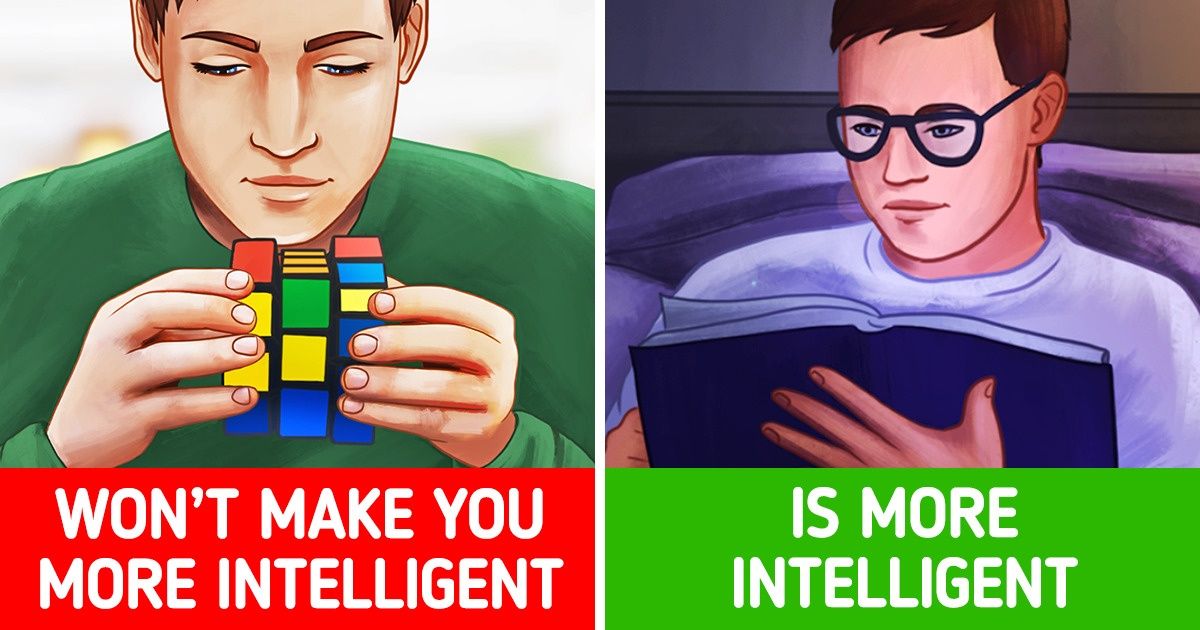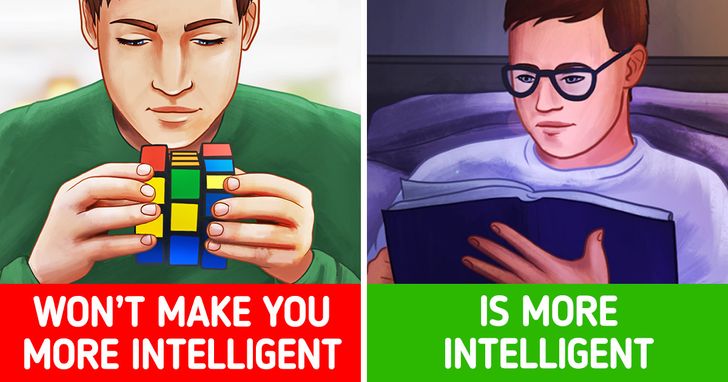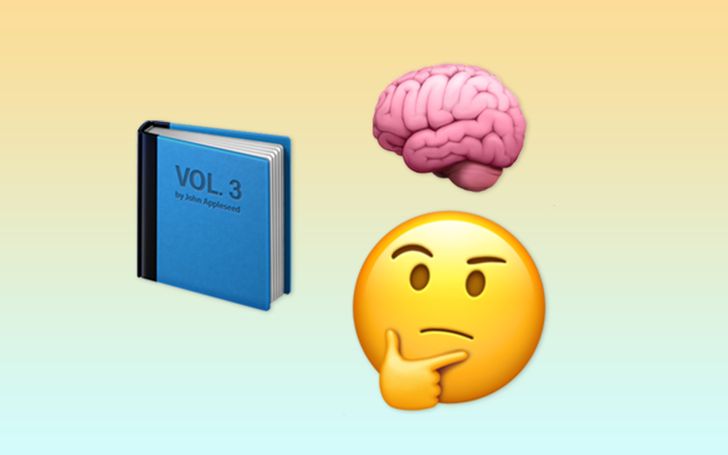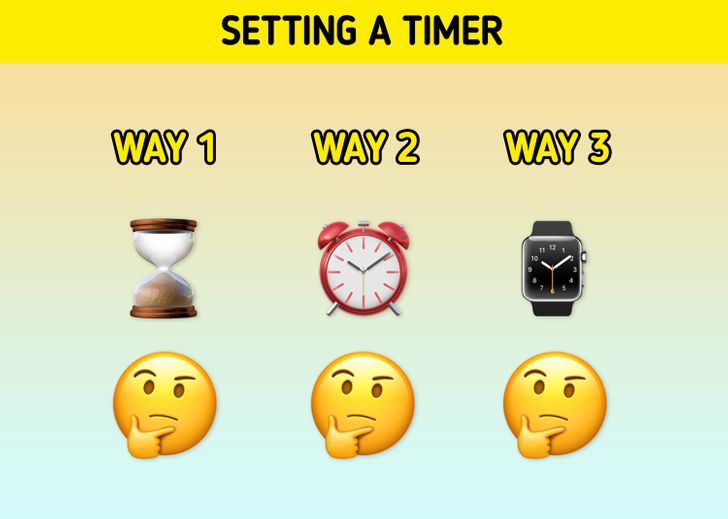What Intelligence Is

The concept of intelligence is controversial and different researchers suggest different definitions. 5-Minute Crafts will now explain what intelligence is, based on the widely accepted triarchic theory.
The concept of intelligence

Generally speaking, intelligence is the ability to learn from experience, to adapt, to shape, and to select environments. Since the concept was created back in the late 1800s, it has been debated widely in the psychology community and has been defined in many ways:
- Higher-level abilities (problem-solving, decision-making)
- Ability to learn
- Emotional knowledge
- Creativity
- Adaptation to meet the demands of the environment effectively
There are some misconceptions about intelligence, for example, some people think that playing brain games will make you smarter, but that’s wrong. Instead, you should read, ask questions, and keep track of your ideas, to name some.
Also, if you think that going to bed earlier can make you smarter, that’s wrong as well. Studies suggest that those who go to bed later tend to have a higher IQ.
According to the triarchic theory, there are 3 different aspects of intelligence:
1. Analytical intelligence
A person’s ability to solve problems and to judge the quality of their own ideas. It is the ability to complete academic and problem-solving tasks, such as traditional IQ tests.
2. Creative intelligence
This is the ability to go beyond what you’re given and come up with novel and interesting ideas. It involves imagination, innovation, and problem-solving.
3. Practical intelligence
The ability that individuals use to face daily life problems, when they find the best fit between themselves and the demands of their environment. This includes adaptation, shaping, and selection according to experience.


